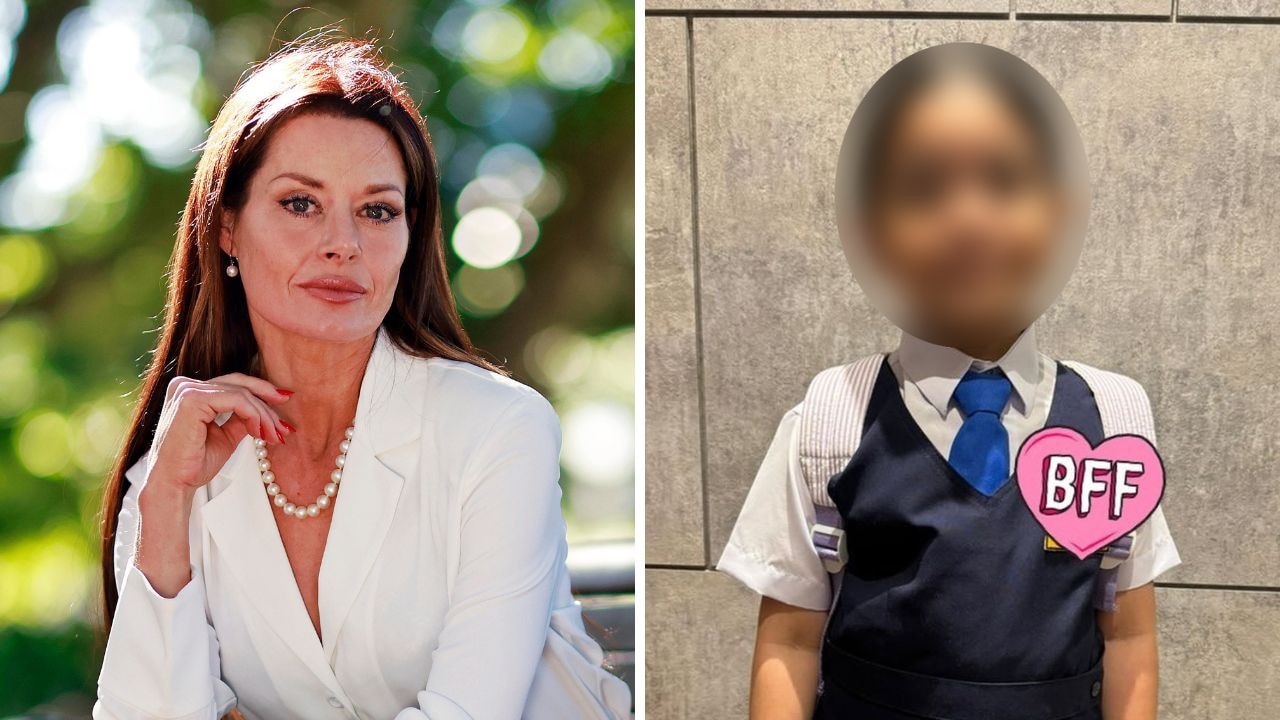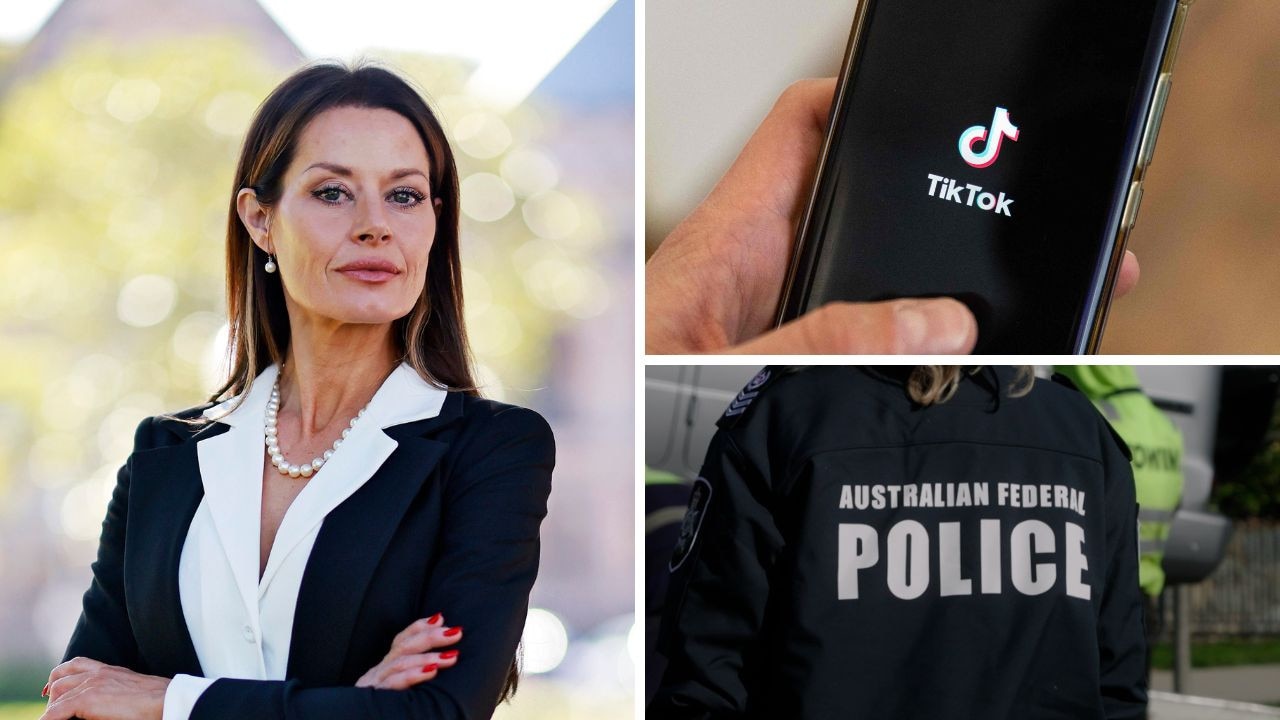Predatory Podcast: Why paedophiles reoffend and many don’t get to rehab
They are “nasty” and willing to repeat their evil crimes. Now experts reveal why Australia will be overrun by paedophiles. Listen to the podcast. Warning: Graphic
Predatory
Don't miss out on the headlines from Predatory. Followed categories will be added to My News.
Australia risks being overwhelmed by child sex offenders because there aren’t enough experts to treat them, it has been claimed.
Forensic psychologists say treatment programs can halve the recidivism rates, but deviant abusers are either not being referred or simply cannot get an appointment — potentially putting kids at risk.
Pre-eminent Australian practitioners Dr Katie Seidler and Dr Karen Owen’s stark claims coincide with the release of the sixth episode of News Corp’s Predatory podcast.
“It’s a major issue … if their risk level is not high enough, because there’s so many guys in the system and so few resources, they don’t get offered treatment,” Dr Seidler, who runs the only treatment program for men with sexually abusive behaviour problems outside the criminal justice system, said.
“There’s really little support for these guys, few places where they can go and very few professionals that they can see who know what they’re doing.
“Certainly there would be a number who are not being treated.”
Sydney-based Dr Seidler said about 10 per cent of offenders were “very deviant, nasty and predatory”, but it was possible to lower offending rates.
“It’s not the other 90 per cent,” she said.
“People think they’re all predatory, and they all want to have sex with every child. But the reality is that 80 per cent of them will never go on to reoffend.”
LISTEN TO THE PODCAST
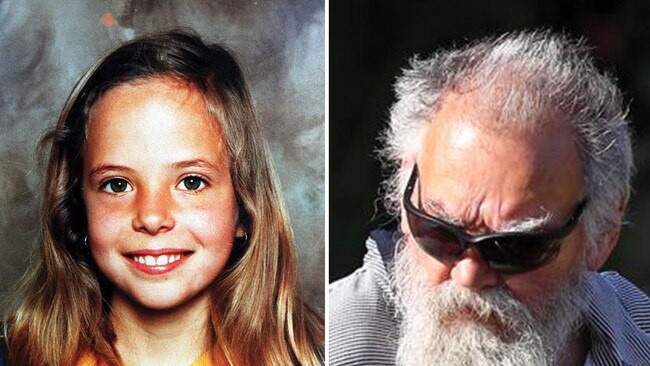
Dr Owen, who helped pioneer the first sex offender treatment program in prison in Australia in 1993, said research showed good treatment programs halved offending rates.
But she said each year she turned away at least 50 men for treatment as she can only properly look after 20.
“There’s not that many of us, that’s the trouble,” she said.
“I have all sorts of people knocking on our door who haven’t been convicted, some who I suspect have offended and don’t tell me, or some who are fearful of offending and who are looking for help.”
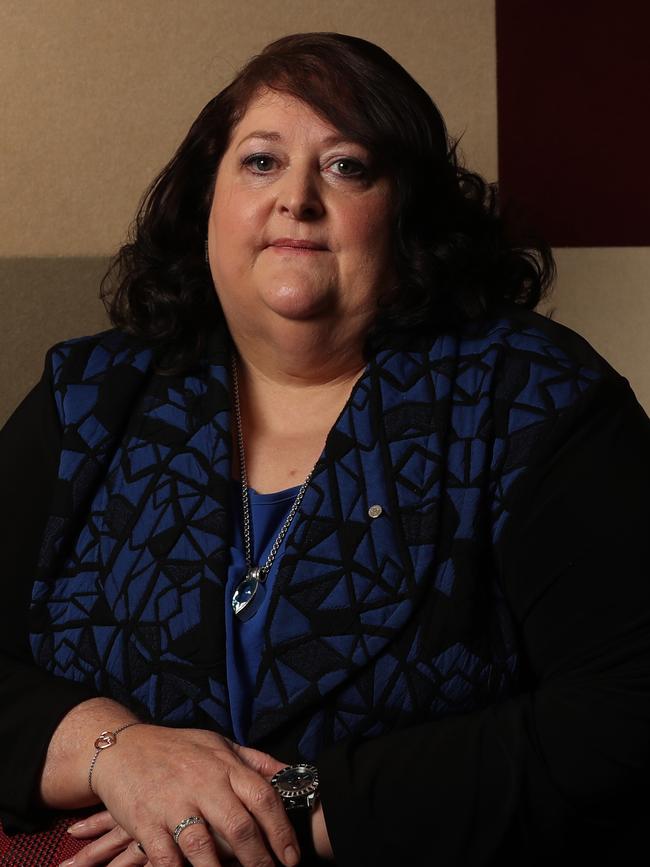
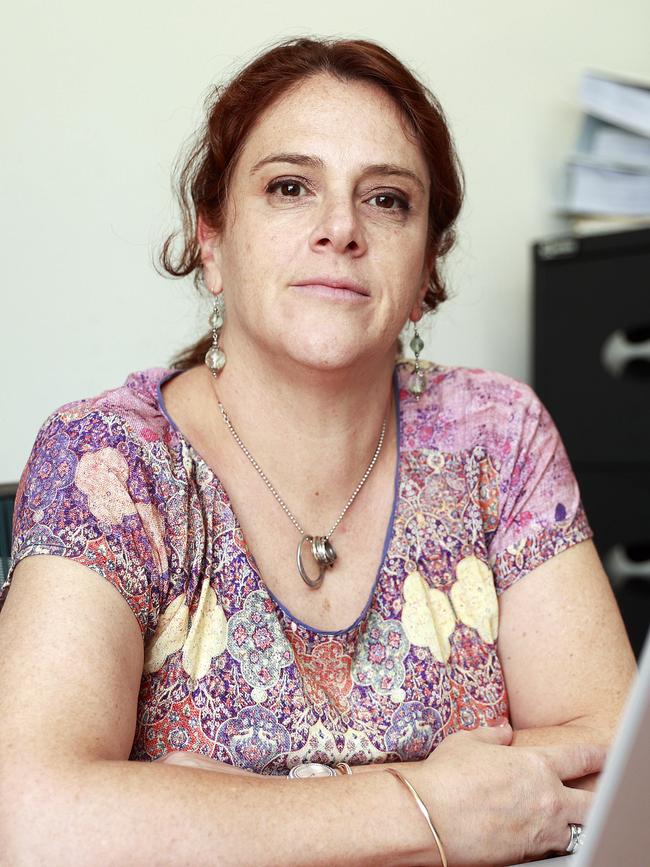
Melbourne-based Dr Owen is required by law to call the police if they tell her they have offended or give any specific information.
“We don’t want to divert people out of the legal system – we’re firm believers people who have offended need to be dealt with, through the justice system. But equally, if you say to someone, don’t tell me names, dates and time, because if you do I can’t help you, essentially, you’re leaving someone on the street who’s very possibly without assistance, go out and create victims. So that if our primary thing is prevent more victims being created ethically, we have a responsibility to try something.”
Australian Institute of Criminology research manager Anthony Morgan said the number of repeat sex offenders was likely much higher than the seven per cent recorded in official statistics.
A recent Australian Institute of Criminology study of 1300 offenders across Australia revealed a “consistent and prolific group” who seek out children years after their first contact with police.
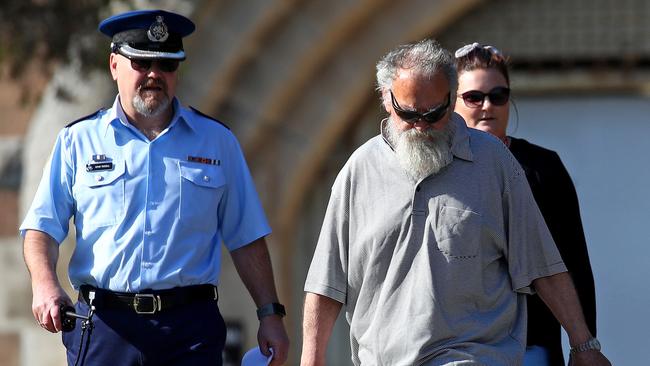
“One thing we noticed in this study is they are versatile and seemingly opportunistic,” Mr Morgan told News Corp.
He said it was “really concerning” paedophiles were showing a willingness to adapt to commit the offences, including selecting older children.
“The concern is they’ve had contact [with police] and there was perhaps an opportunity to do something to protect future victims,” he said.
“They go on to commit offences within the first few years – and many go on to offend against multiple children.
“They’ll either switch between family members and non family members, older or younger victims or switch between male and female victims. The way they’re going about things is adapting.”
Mr Morgan said the repeat offenders were a “challenging problem” but it was something parents needed to be aware of.
“It highlights the need to raise awareness of the fact that there are recidivist offenders,” he said.
“And thinking about how can we make sure there aren’t the opportunities or how do we limit the opportunities to prevent recidivist offenders, or people who might go on to be recidivist offenders from accessing new victims? I think it’s something that we need to probably think more carefully about,” he said.
Dr Seidler said it was naive to think convicted paedophiles have “no risk” of reoffending but “we can’t have the community just say ‘let’s lock these guys up for the rest of their natural born lives and we’ll be okay – we won’t be.”
For more details about the Predatory podcast, go to predatory.com.au
If you have a story to tell, email us at crimeinvestigations@news.com.au
Originally published as Predatory Podcast: Why paedophiles reoffend and many don’t get to rehab


